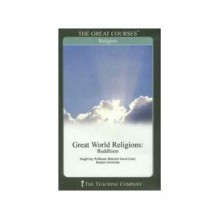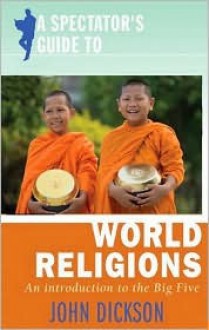

Karen Armstrong’s Fields of Blood will have a reader ask the question, “Is violence endemic to human nature?” From mankind’s early beginnings there was a great struggle for survival. When our ancestors were hunter-gathers they had to hunt and kill their prey. These humans lived through violent periods in the Paleolithic and Neolithic age. Later Mediterranean peoples continued to experience struggles during the Constantine’s empire, Crusaders, Spanish Inquisition, Wars of Religion, Thirty Years’ War, and Reformation.
In the 17th and 18th century religion was rejected in the West. During the Age of Enlightenment John Locke propounded the belief of the separation of Church and State, but this period saw the rise of scientific and cultural racism. In Europe and America the suppression of the indigenous populations and African slave trade for economic profit flourished. And Germans, who were world-leading secular thinkers, gave rise to death camps under Hitler that exterminated millions of Jews.
Secularism was marked by Western imperialism, and an imbalance of power. But what became of Asoka’s concept of peace, India’s ahimsa – non-violence, China’s Golden Rule, and Jesus Christ’s teachings to love your neighbor as yourself? In India there were renouncers, European monks took to monasteries, and Confucian and Taoist’s ideals, but still violence was prominent.
In the 20th century violence continued to rage in the Middle East. Historical observers point to many reasons, but one of Islam’s tenets is that of peace. Still there was 9/11, the Israeli-Arab conflicts, jihads, and the horrendous effects of the Jews Six-Day-War. Yet people were witnessing the activities of the Muslim Brotherhood, the rise kookism of the Israeli secular right, and fundamentalism in America. It appears that with the rise of more nations with nuclear weapons humankind’s future has become more problematic

 Log in with Facebook
Log in with Facebook 









